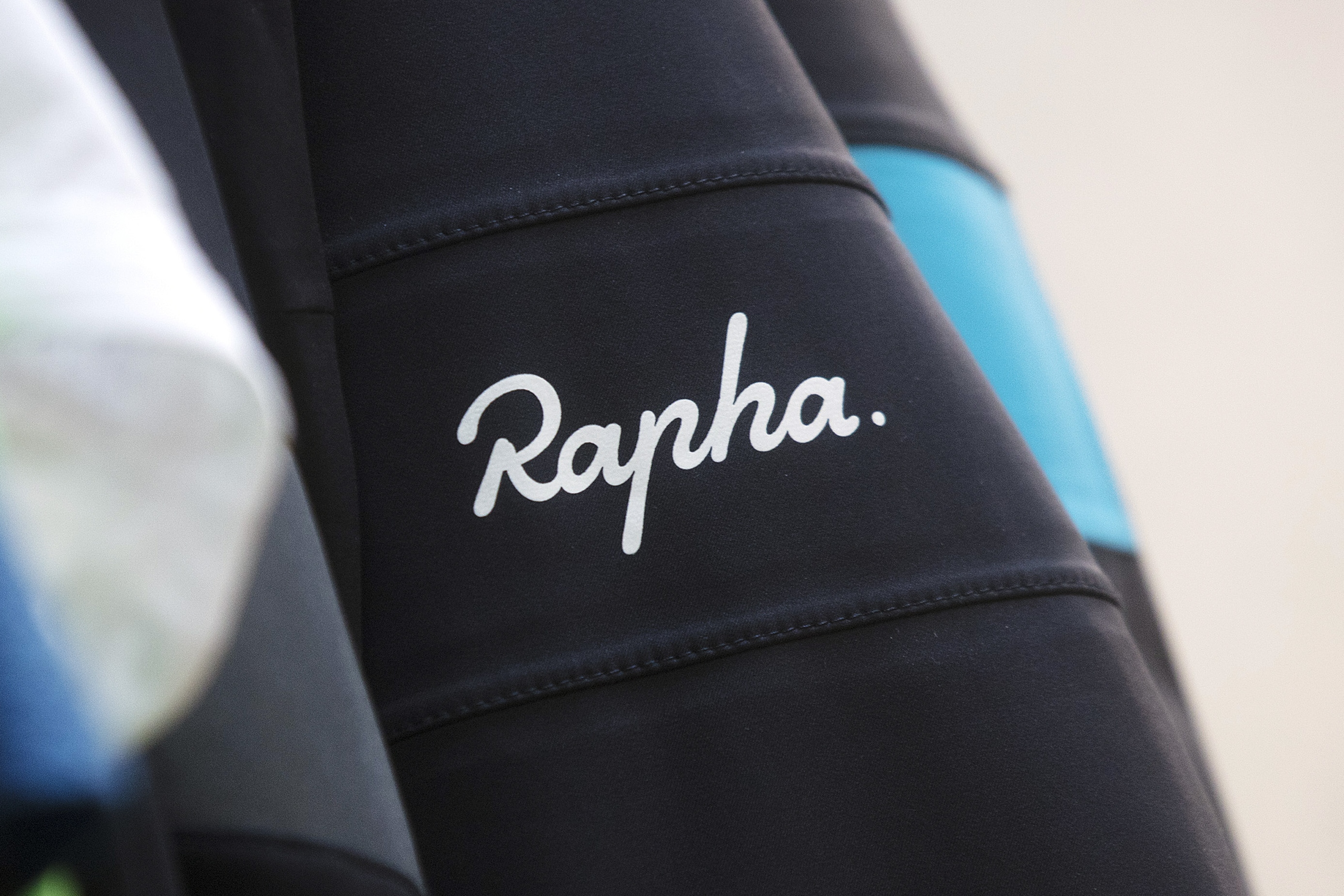'We have some things to fix' - Rapha posts financial losses for eighth year in a row
Clothing brand's CEO Fran Millar says company's potential is still 'incredibly strong' despite £17.2m loss


The latest race content, interviews, features, reviews and expert buying guides, direct to your inbox!
You are now subscribed
Your newsletter sign-up was successful
British cycling clothing brand Rapha has recorded financial losses for the eighth year in a row, but there is no cause for alarm bells, CEO Fran Millar has stressed.
The company’s financial results for 2024, presented to select media including Cycling Weekly earlier this month, are set to be published this week, detailing an operating loss of £17.2m. This is a slight improvement on the previous year, when the operating loss totalled £21.2m.
The results cover the annual period to the end of January 2025, including the first four months of Millar’s tenure as CEO, which began in September 2024. During the year, the company’s turnover fell from £110m to £96m, the result of a “conscious decision”, according to chief financial officer Michelle Woolaghan, as the business came off the “discounting drug” of promotional sales seen across the industry after the Covid pandemic.
Rapha’s accounts are held under Carpegna Ltd, the parent company incorporated when the business was purchased in 2017 for £200m.
Having assessed Rapha’s current outlook, the directors have decided to reduce the carrying value of the company, which they agreed was “held too high,” Woolaghan said. This previously stood at £169m, and has now been reduced by £102m, to around £67m.
This impairment, Millar explained, “doesn’t impact the operating and trading of the business… It’s important for people who own the business, it’s important for people who have shares in the business, but actually for our customers and the people who are interacting with our business on a daily basis, it shouldn’t have any impact at all.”
A large part of Rapha’s annual losses stems from an amortisation, which is responsible for around £10m of losses a year. “It’s an accounting adjustment,” said Woolaghan, who explained: “When the business was acquired [in 2017], it was acquired for a certain price, and a large part of that price is the intangible asset, so the value of the brand, the goodwill and the customer base. In accounting terms, that then needs to depreciate or amortise, just like you would depreciate a car or a physical asset, and those intangible assets amortise through.”
The latest race content, interviews, features, reviews and expert buying guides, direct to your inbox!
The £10m charge is expected to apply for up to the next 10 years, making it challenging for the company to return to net profitability in that period. As such, the directors prefer to use EBITDA (earnings before interest, taxes, depreciation and amortisation) as a measure of the company’s health; Rapha posted an EBITDA loss of £2.6m in the year to January 2025.
“It’s worth bearing in mind that our revenue has declined since the pandemic, but it is still above pre-pandemic levels,” said Woolaghan. “Our total active customer base is above pre-pandemic levels, and our RCC [Rapha Cycling Club] membership is above pre-pandemic levels… We do still have an upwards trajectory.” Still, she conceded: “We have some things to fix.”

In light of the financial results, and as part of Millar’s plans as CEO, the directors are targeting a return to profitability by changing their current strategy.
Earlier this month, Rapha announced it was parting ways with EF Pro Cycling’s men’s and women’s teams after seven years. The decision was not a financial one, Millar said, but came because the brand felt the relationship “had got tired”.
Rapha has today announced that it will provide kit to the USA national team from 2026 through to the end of 2029, capturing the Los Angeles Olympics in 2028.
“We have to be challenging and pioneering again,” Millar said, eyeing growth in the US market. “Seeing what the impact of the London Games did on the home nation here with regards to the relationship with cycling, I think LA has the potential to do the same for cycling in the US.”
Millar has now completed her first year as CEO of the company, following the departure of founder Simon Mottram. Her outlook is optimistic, and she feels the business’s potential is “still there and incredibly strong”.
“We would be naive to say we haven’t lost a lot of market share,” she said. “We have every intention of getting back to completely leading and dominating the market again over the course of the next three years.”
This May, Rapha completed a funding round and raised £15m. The company is owned by brothers Steuart and Tom Walton, the grandchildren of the billionaire founders of the retail giant Walmart.
“We’re in quite a unique position in terms of the fact that our owners are willing to go again and fund again,” Millar said. “There’s a real confidence in Rapha for the first time in a long time. There’s a real sense of opportunity in Rapha for the first time in a long time.
“I think, with the backing that we have, we’re completely unique in the market in terms of our opportunity to go after stuff that is risky but high reward potential, and our backers are absolutely supportive of that.”
Still, Millar said: “Transformation takes time, and we aren’t expecting to see immediate results.”

Tom joined Cycling Weekly as a news and features writer in the summer of 2022, having previously contributed as a freelancer and been host of the TT Podcast. He is fluent in French and Spanish, and holds a master's degree in International Journalism.
An enthusiastic cyclist himself, Tom likes it most when the road goes uphill, and actively seeks out double-figure gradients on his rides. His best result is 28th in a hill-climb competition, albeit out of 40 entrants.
You must confirm your public display name before commenting
Please logout and then login again, you will then be prompted to enter your display name.